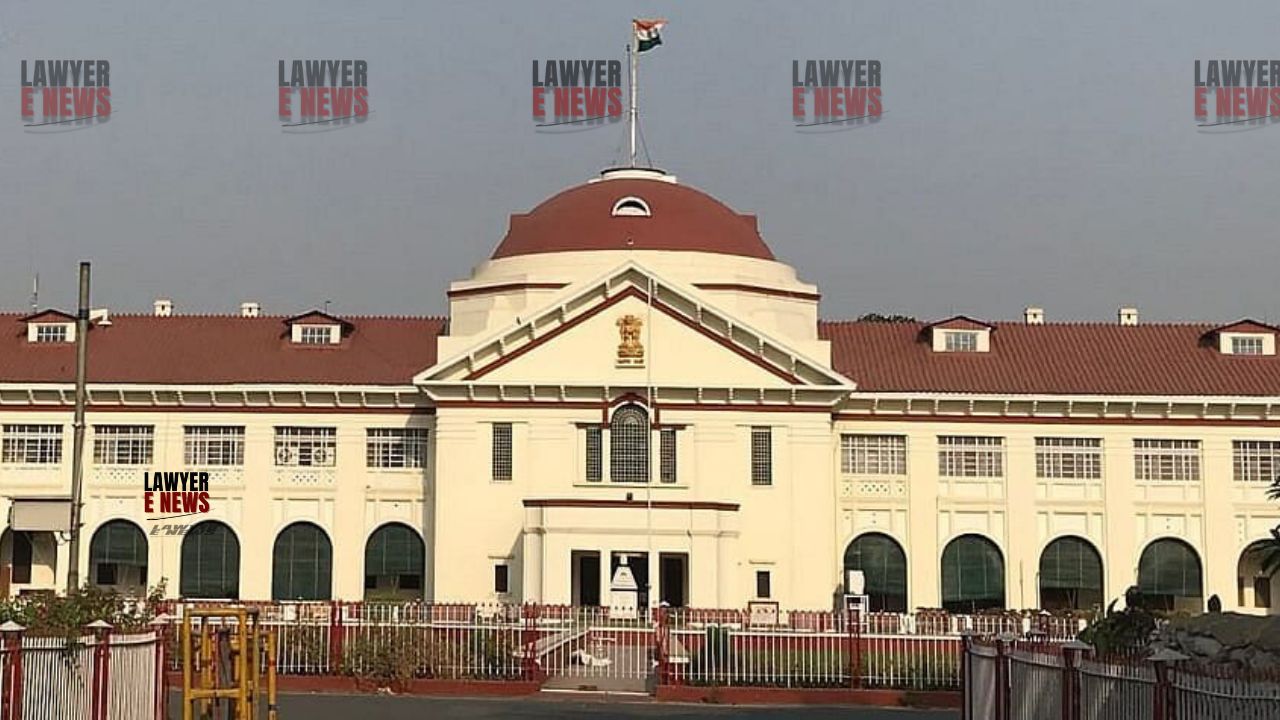-
by Admin
18 February 2026 2:55 AM



On 28th February 2025, the Patna High Court delivered a significant judgment in Hasina Khatoon & Anr. Vs. Aszad Ansari, Criminal Revision No.164 of 2019, dealing with the rights of a Muslim wife and her minor child to claim maintenance under Section 125 of the Criminal Procedure Code (CrPC). The Court held that a Muslim woman, even after divorce, is entitled to maintenance if she is unable to maintain herself and has not remarried. The Court enhanced the maintenance awarded by the Family Court and directed it to be paid retrospectively from the date of the maintenance application.
Hasina Khatoon (Petitioner No.1) was married to Aszad Ansari (Opposite Party) in 2007 as per Islamic rites. The couple had a daughter, Jamuna (Petitioner No.2). Hasina alleged that after marriage, she was harassed for additional dowry of Rs. 2 lakh and ultimately ousted from the matrimonial home, forcing her to file a criminal case under Section 498A IPC. She also filed a maintenance petition claiming Rs. 20,000/- per month.
The Family Court, by order dated 12.12.2018, granted Hasina Rs.1,500/- per month as maintenance and Rs.5,000/- as litigation cost but denied maintenance to the minor daughter, Jamuna, leading to the present revision petition. The husband contested the claim, alleging the wife was leading an adulterous life, had already been divorced through a triple talaq, and was working as an Anganwadi Sevika earning Rs.3,500/- per month.
The primary issues before the Court were:
Whether a divorced Muslim woman is entitled to maintenance under Section 125 CrPC despite the Muslim Women (Protection of Rights on Divorce) Act, 1986?
Whether the minor daughter born out of the marriage is entitled to maintenance?
Whether the maintenance should be granted from the date of the petition or from the date of the Family Court’s order?
The Court reiterated the settled position of law that the Muslim Women (Protection of Rights on Divorce) Act, 1986, is not in derogation of Section 125 CrPC. Quoting the Supreme Court’s decision in Md. Abdul Samad vs. State of Telangana, (2025) 2 SCC 49, the Court observed:
“Section 125 CrPC applies to all such Muslim women, married and divorced under the Special Marriage Act, in addition to remedies available under the Special Marriage Act.”
“If Muslim women are married and divorced under Muslim law then Section 125 CrPC as well as the provisions of the 1986 Act are applicable. Option lies with the Muslim divorced women to seek remedy under either of the two laws or both laws.”
The Court further clarified:
“Despite the Act of 1986, a Muslim wife is entitled to get maintenance from her husband during the subsistence of her marriage under Section 125 CrPC if she is unable to maintain herself. Even after divorce, she is entitled to get maintenance if she is unable to maintain herself despite payment of maintenance for iddat period or Dain-mehar.”
On the issue of adultery, the Court noted that:
“The allegation of adulterous life of petitioner/wife is based only on suspicion. There is no cogent evidence adduced in support of his allegation.”
While modifying the Family Court’s order, the High Court observed:
“There is no dispute that as per Section 125 CrPC, the minor daughter of the opposite party is entitled to get maintenance from her father. But I find that no order has been passed by learned Family Court to pay any maintenance to the petitioner No.2/minor daughter.”
On the quantum of maintenance, the Court noted:
“The opposite party is having a monthly income of Rs.30,000/- from Boutique work, even if other sources of income as claimed by the petitioner is not accepted for want of any documentary proof.”
Considering the dependent family members of the opposite party, the Court ordered:
“It would be just and proper to direct the opposite party to pay Rs.2,000/- per month each to the petitioner/wife and his minor daughter who is petitioner No.2 towards their maintenance.”
On the question of the effective date of maintenance, the Court relied on Section 125(2) CrPC and the judgment in Shail Kumari Devi & Anr. Vs. Krishan Bhagwan Pathak, (2008) 9 SCC 632, and held:
“The allowance for maintenance should have been made payable from the date of filing the petition, i.e., 01.03.2012 and not from the date of the order passed by learned Family Court.”
The Court, therefore, allowed the revision petition and modified the Family Court’s order to direct payment of maintenance of Rs.4,000/- per month (Rs.2,000/- each to wife and daughter) from the date of filing of the petition.
This judgment reaffirms the position that Muslim women and children born out of wedlock have enforceable rights under Section 125 CrPC, notwithstanding the Muslim Women (Protection of Rights on Divorce) Act, 1986. The Court’s categorical rejection of unproven adultery allegations and emphasis on the responsibility of husbands to provide for their wife and children enhances the protective umbrella of maintenance law.
Date of Decision: 28th February 2025
